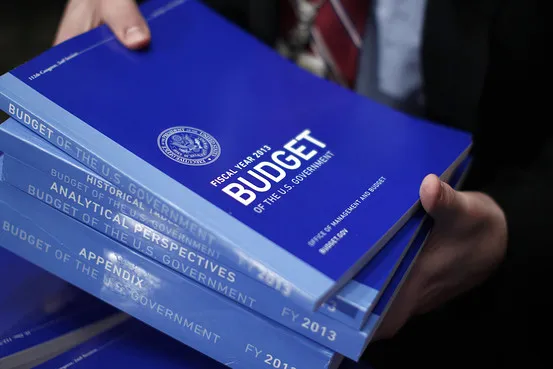Table of Contents
Problem is: the piece is terrible. It’s basically an 8 page rant about how much the Chicago school sucks at economics, and it’s is utterly devoid of any substantive economic reasoning. Krugman has chosen to fully embrace his role as political commentator and simply use his recent Nobel Prize as a means of asserting economic claims as absolute truths.
Trashing the past 30 years of economics work, Krugman contends that his profession has gone “astray.” He criticizes his colleagues for everything from their love of math to their refusal to accept every word of Keynes as truth to their absolute ignorance of the force of “irrationality.” Yet Krugman offers up zero alternate approaches or explanations and instead devolves into broad sweeping claims about stimulus and Keynesian economics.
Luckily, a response has emerged (HT to Gregory Mankiw) – and it is a spot on criticism of the piece’s take on the state of economics and of Krugman himself. John Cochrane, a finance professor at Chicago’s Booth School of Business, takes a full 9 pages to respond at length to Krugman. The entire piece is certainly worth reading (in addition to amusing remarks on Krugman, Cochrane has some worthwhile paragraphs on recent research on financial economics), but I thought I’d share a couple of my favorite passages. First this one, where Cochrane excoriates Krugman for his use of “irrationality” to explain all:
The economist’s job is not to “explain” market fluctuations after the fact, to give a pleasant story on the evening news about why markets went up or down. Markets up? “A wave of positive sentiment.” Markets went down? “Irrational pessimism.” ( “The risk premium must have increased” is just as empty.) Our ancestors could do that. Really, is that an improvement on “Zeus had a fight with Apollo?” Good serious behavioral economists know this, and they are circumspect in their explanatory claims so far.
And this one, where Cochrane notes a wonderful little contradiction in Krugman’s critique of “mathematics”:
Most surprising, is Krugman’s Luddite attack on mathematics; “economists as a group, mistook beauty, clad in impressive-looking mathematics, for truth.” Models are “gussied up with fancy equations.” I’m old enough to remember when Krugman was young, working out the interactions of game theory and increasing returns in international trade for which he won the Nobel Prize, and the old guard tut-tutted “nice recreational mathematics, but not real-world at all.” How quickly time passes.






